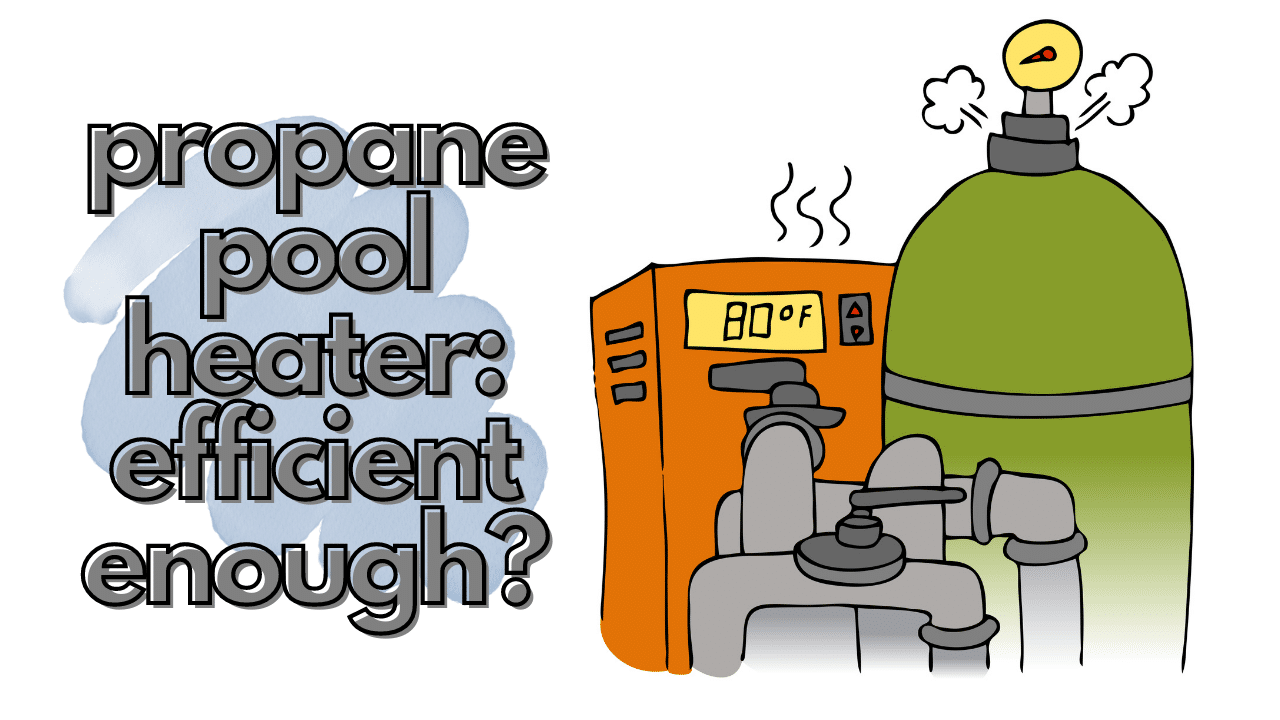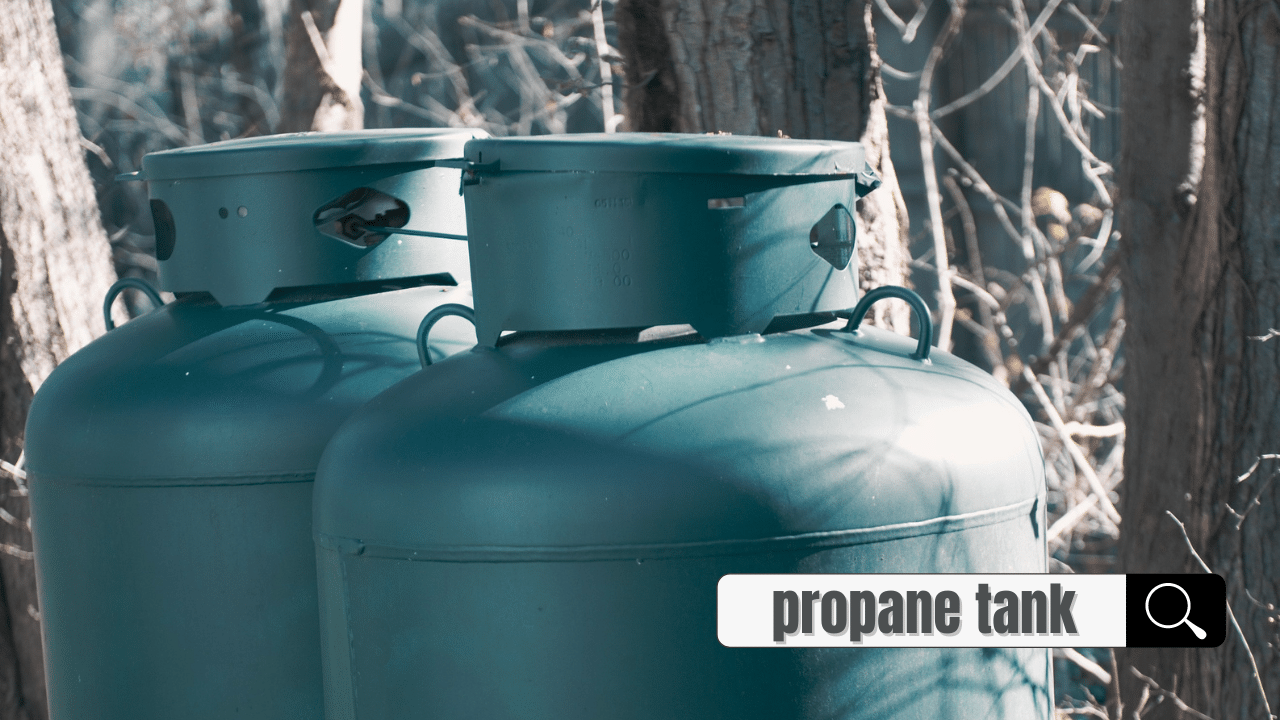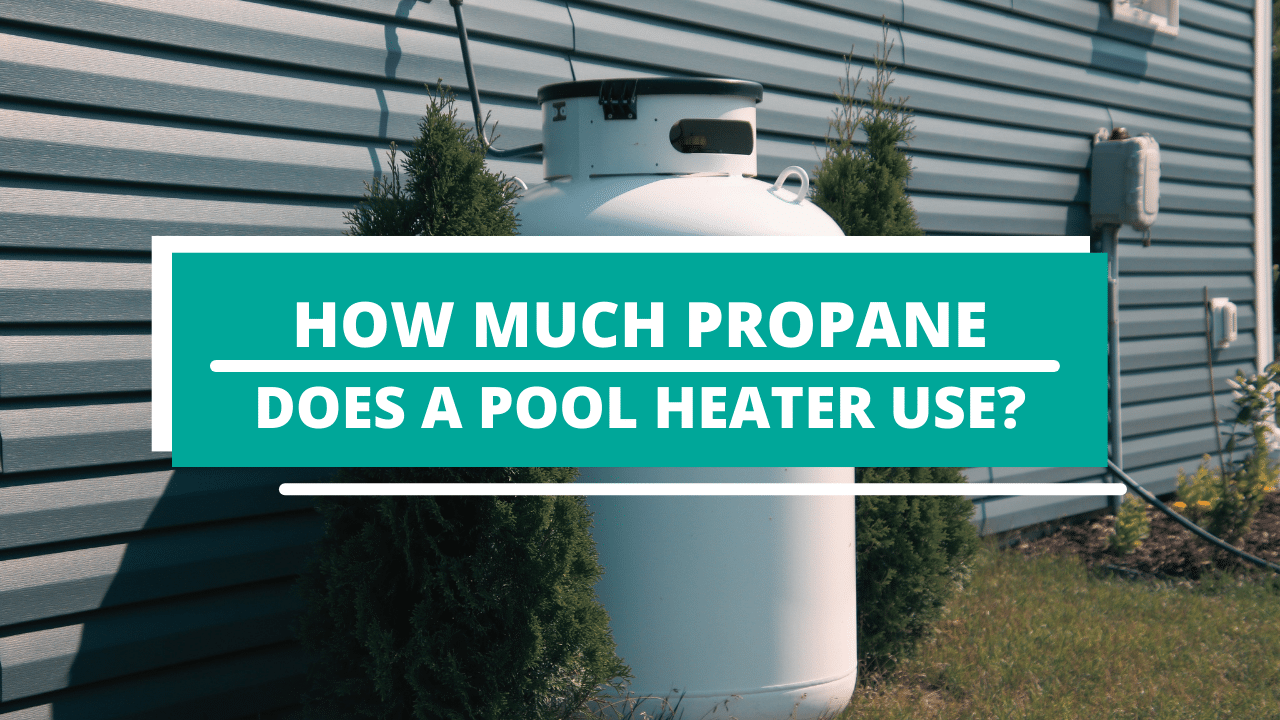During the last few years, we have seen a change in the pool being used for most of the year -from early spring to late fall. This has necessitated using pool heaters to control the pool's temperature so that the owners, their families, and friends can enjoy swimming at a comfortable temperature.
So, it is wise to invest in a pool heater, especially when the pool needs to be heated as quickly and efficiently as possible. It is vital to focus on pool heater efficiency when making decisions. Herein, we will discuss pool heaters in detail.
Types of Pool Heaters
There are different types of pool heaters in the market, each with different features. Here are the common ones.
Let us begin by briefly discussing why propane pool heater is preferable.

Why Propane Pool Heater?
The propane pool heater is the most efficient because it heats up the pool water- using propane which has more energy than natural gas - through a gas chamber and then pumps it back very quickly to the pool. It also regulates the pool temperature to stay warmer much longer. It is a very convenient and powerful heater to meet the ever-changing lifestyle and the use of the outdoor pool in cooler weather. It is also cost-effective because it has few maintenance issues and the monthly running costs are not as high as the other types of pool heaters.
Factors that Determine the Volume of Propane Used by a Pool Heater
Several factors will determine the amount of propane used by a pool heater. Here are some of them.
Size of the Pool Heater
All types of pool heaters are measured in BTU (British Thermal Units). One BTU is defined as the energy needed to increase the temperature of one pound of water by one degree Fahrenheit. To Calculate the BTU that the pool heater needs to produce, you need to multiply the pool volume in Gallons by 8.3 and then by the difference in the coldest temperature of your region from the temperature you prefer in your pool.
Volume (in Gallons) x 8.3(per pound) x Ideal temperature = Total BTU required
The total BTU figure is the energy produced by the pool heater in 24 hours. To get the hourly BTU produced, you need to divide the total by 24.
Pool Size
The average pool has about 20 000 gallons of water. On average, the propane pool heater heats up at 1 gallon of propane per hour to produce 100,000 BTU. The preferred propane pool heater for this size of a pool should produce 400 000 BTU.
Therefore, within an hour, the propane pool heater will have used 4 gallons of propane.

Propane Tanks Size
Are thinking of propane tank installation? There are various options available when it comes to the size of the tank. For an average pool of about 20 000 gallons, you need at least 2 X 100-gallon tanks above the ground and the pipes to the pool heater- which should be about 10 feet from the tanks. You could also add another 250-gallon propane tank for the pool heater above ground if you have more space. Alternatively, you could have 500 gallons, or even 1000-gallon tanks installed underground. It is the most ideal aesthetically, but it is more expensive. The advantage of having a bigger tank is that you may buy in bulk propane at a cheaper price during the off-season and thus saving a lot in the operating costs in the long run.
Depending on the region's weather, 4 gallons of propane heats up the pool by about 2 degrees in an hour, so it may take up about 10-12 hours to reach your ideal temperature if it’s very cold outside. The average costs for running a propane pool heater can be from a few hundred dollars to up to a thousand depending on the weather, the size of your pool, and how long you need to use the pool. Always, do not forget to consider the difference between propane tank and pool heater.
The Running Costs
The current propane price is between $2 - $3 (we will use the average of $ 2.5 for ease of calculation). If we add other costs like maintenance, etc., the average running cost will be about $ 10 per hour.
The cost will be determined by how long you need to heat the pool and your pool's size. (Related: How Pool Heaters Work: A Breakdown By Type)
Other Costs
The initial costs of propane tank installation may look expensive since you must install the propane pool heater, the tanks, pipes, etc., but the operation costs thereafter will be not as expensive as other types of pool heaters like electric heat pumps and gas pool heaters.
Conclusion
Propane pool heaters have been lifesavers for colder regions or pool owners who want to extend their entertainment past the swim season. Propane has much more energy than natural gas, yet it's cheaper than even electricity. No wonder many pool owners are turning to propane pool heaters for their pools.

